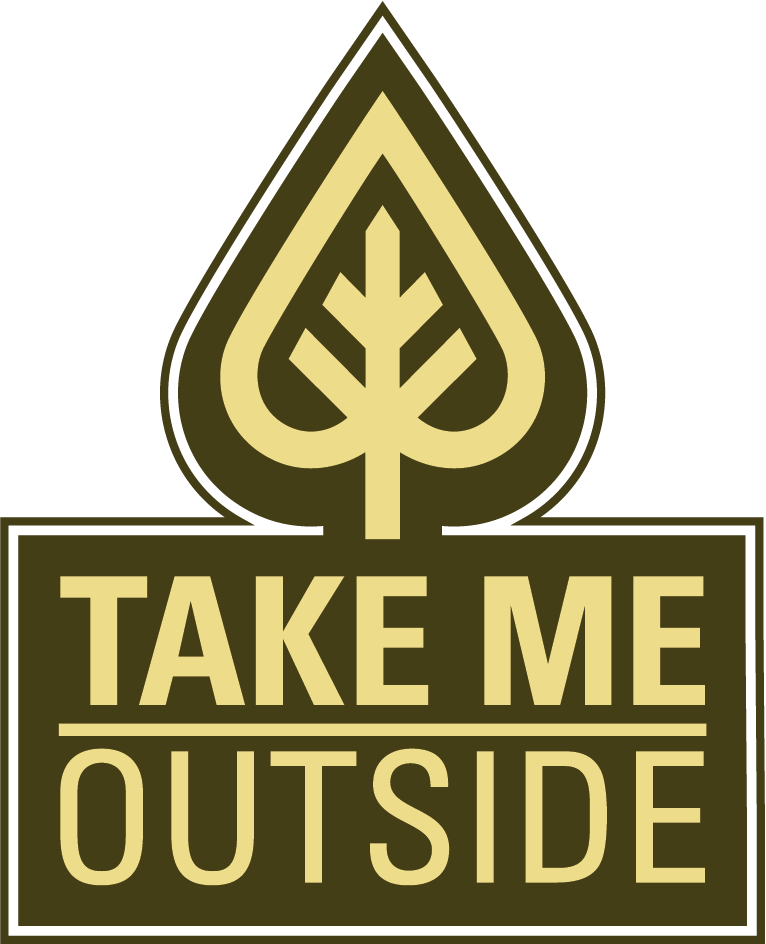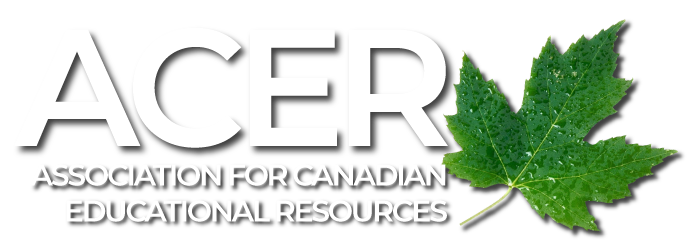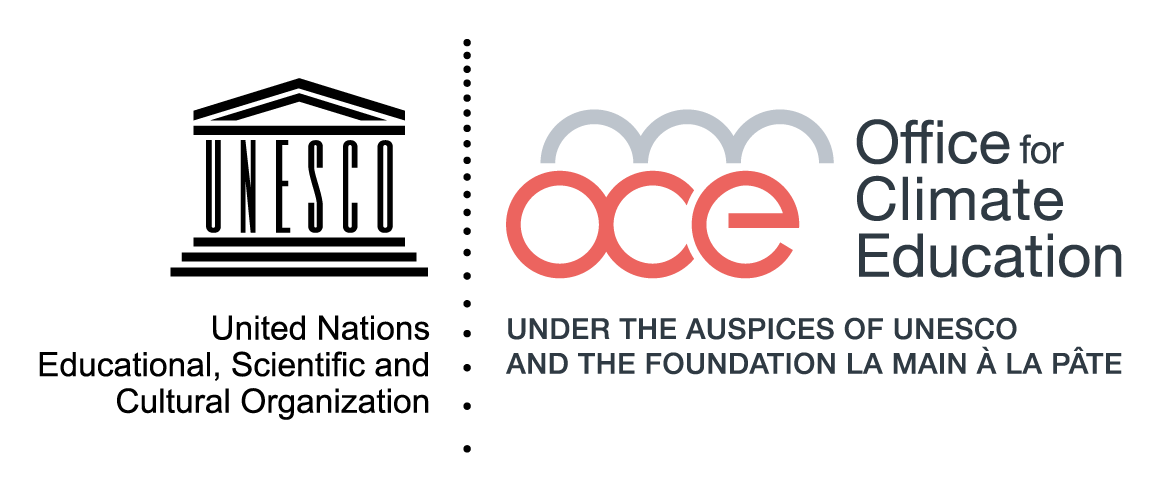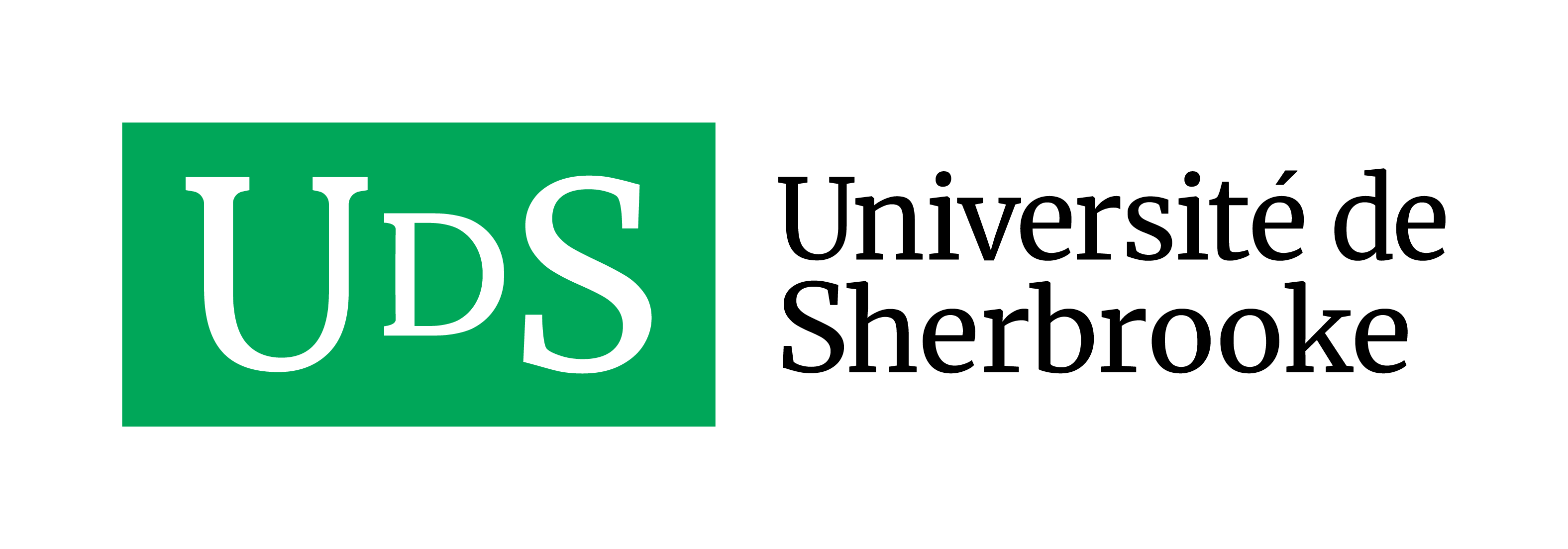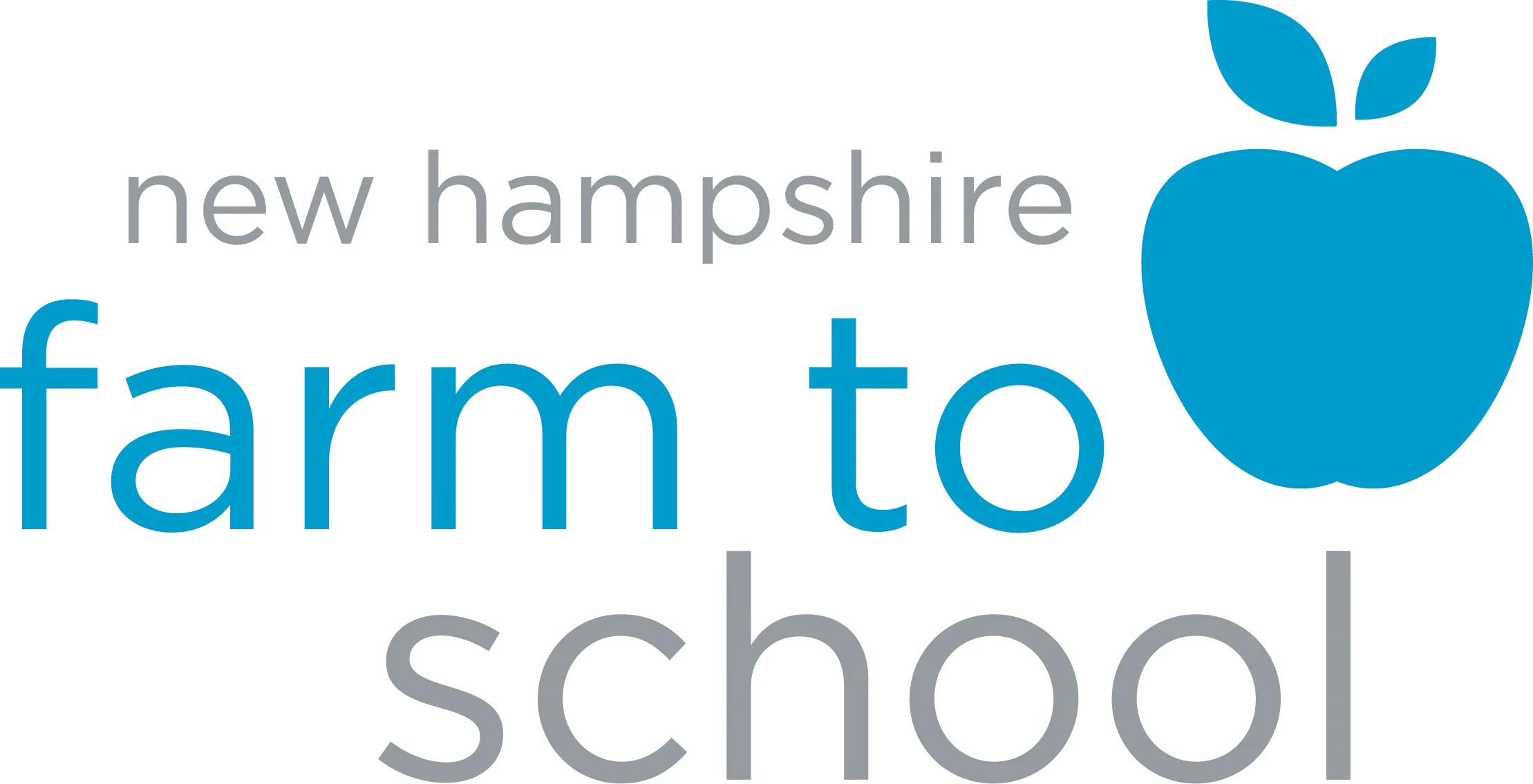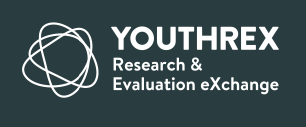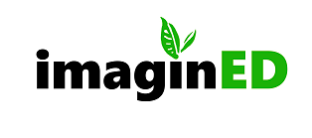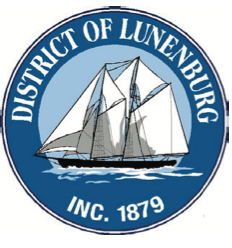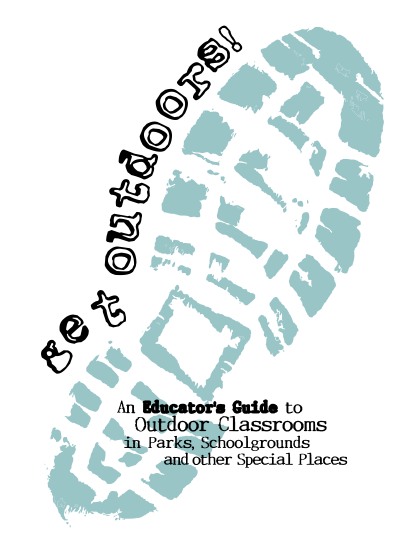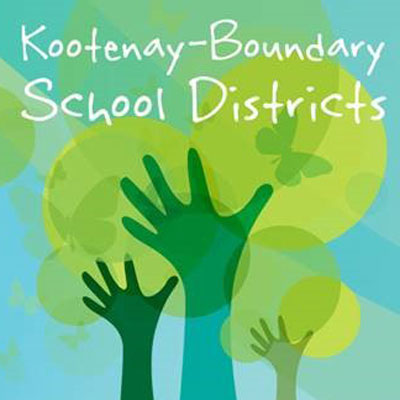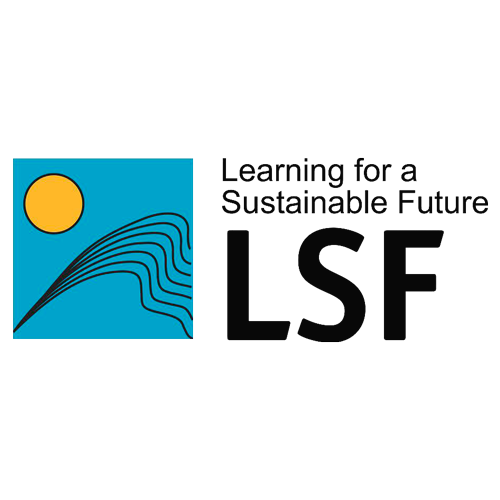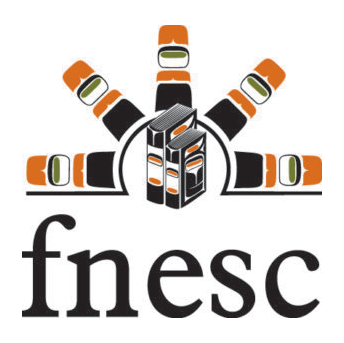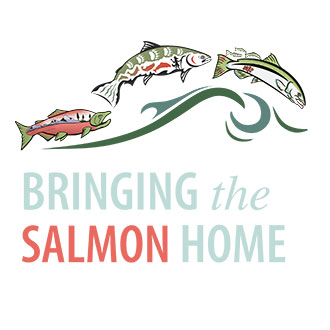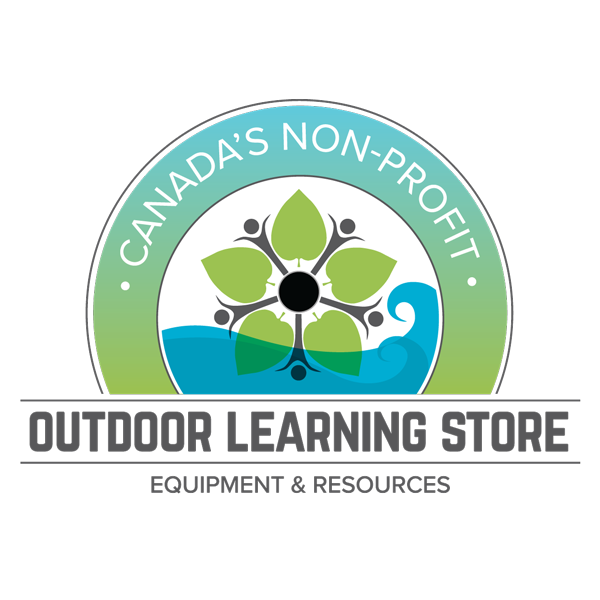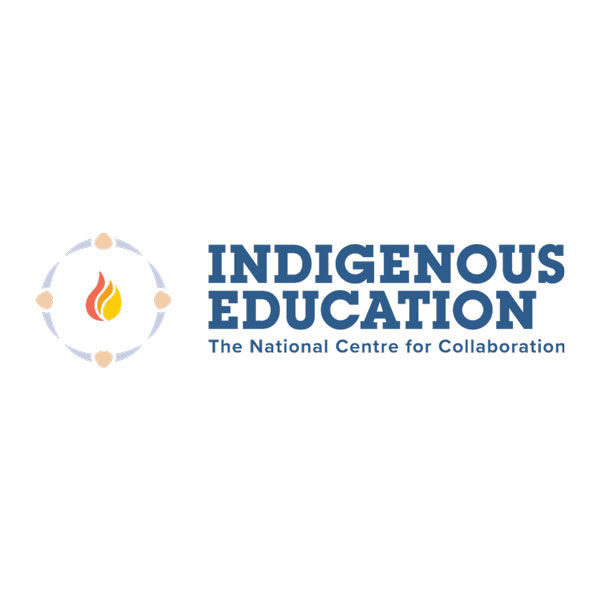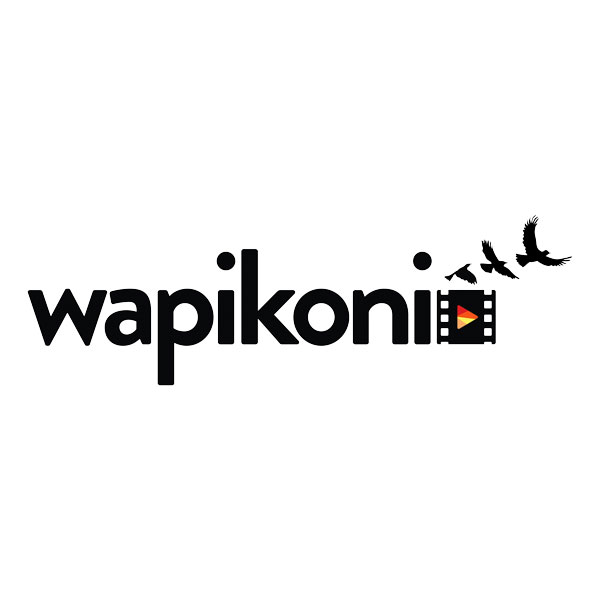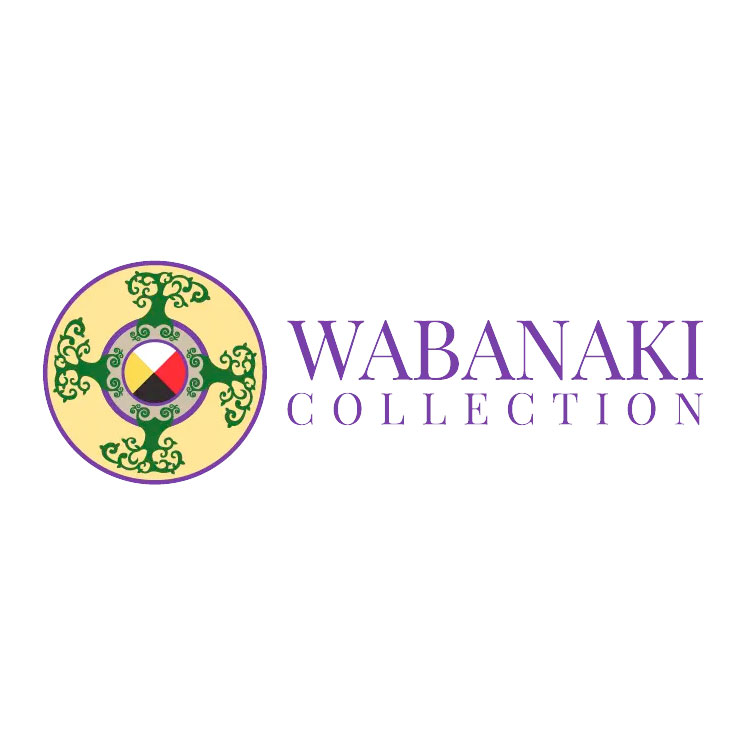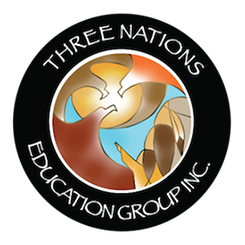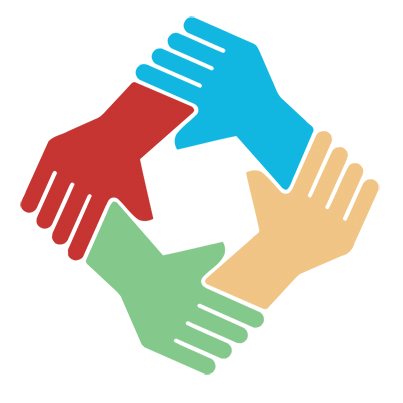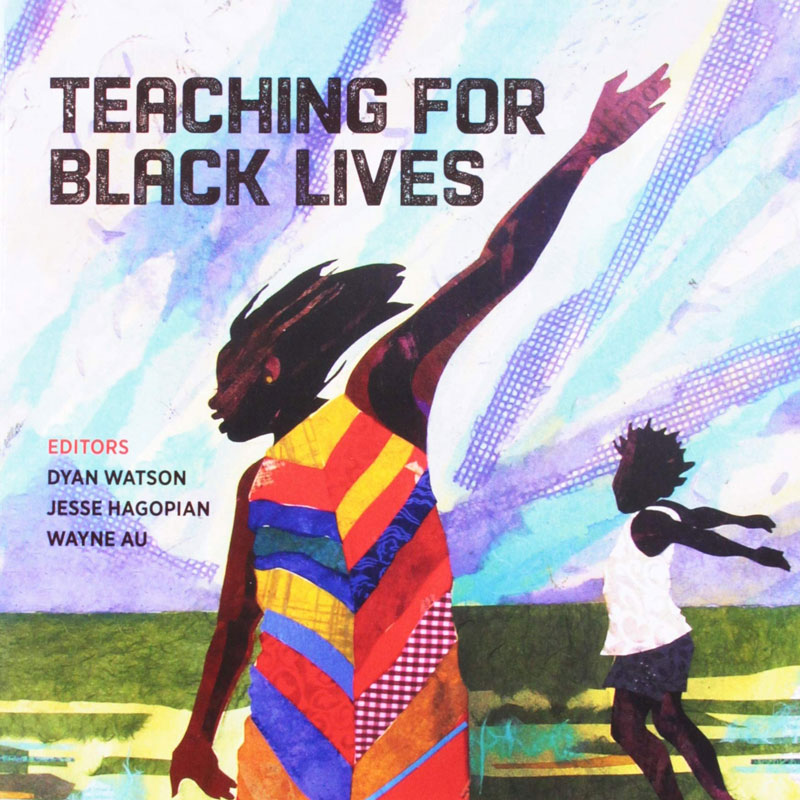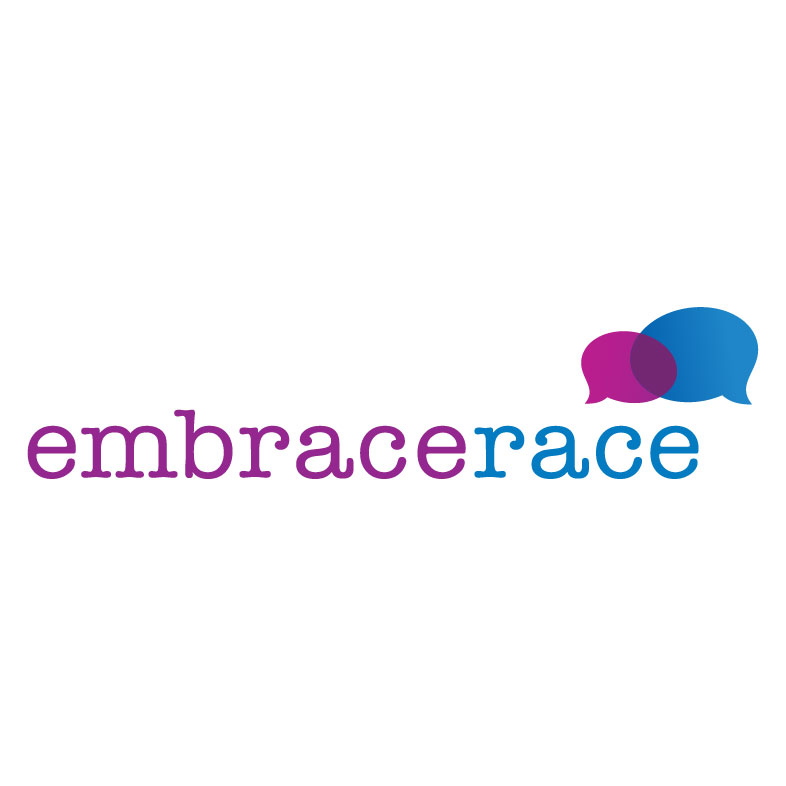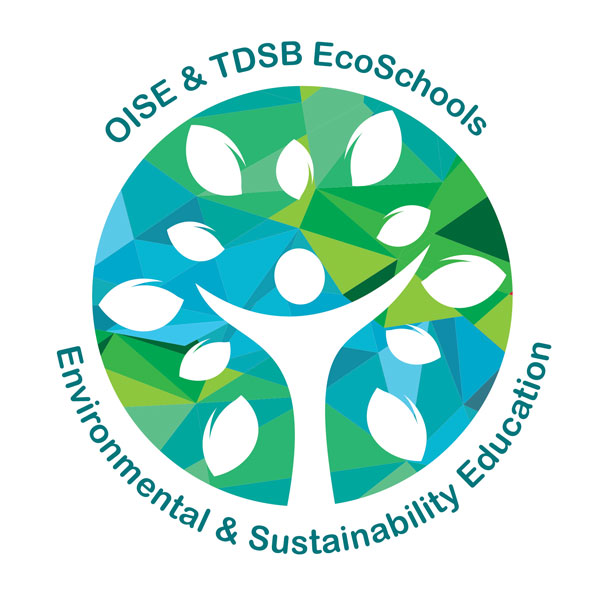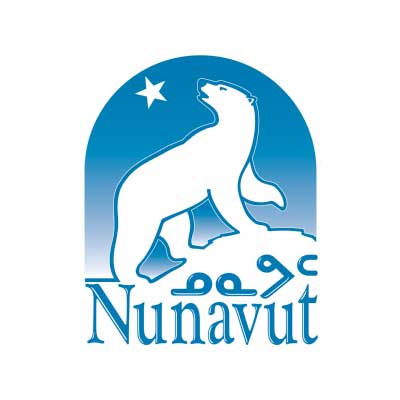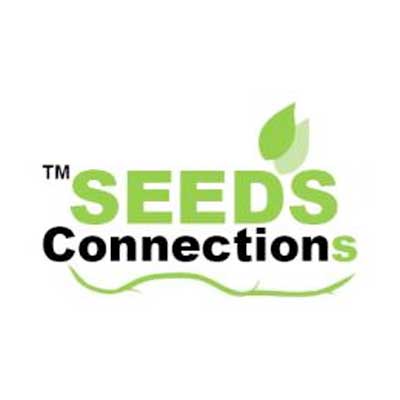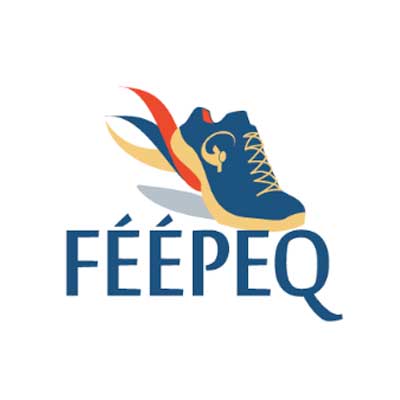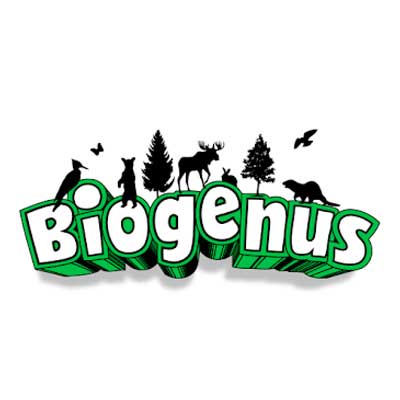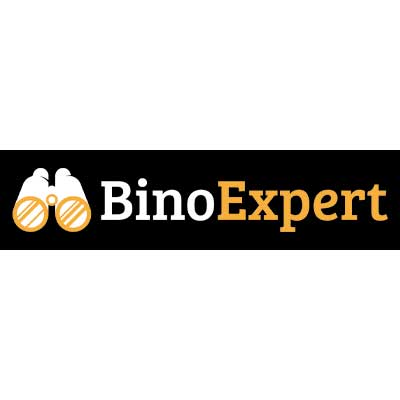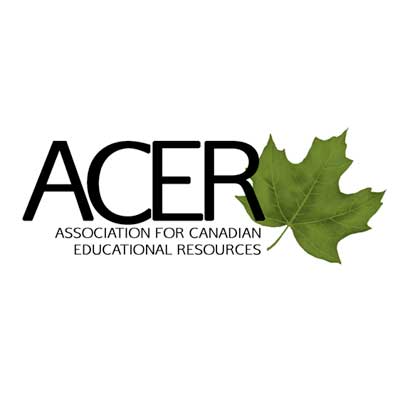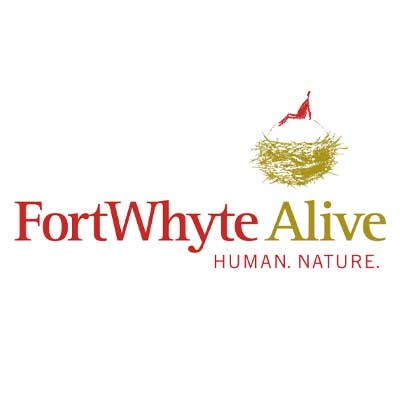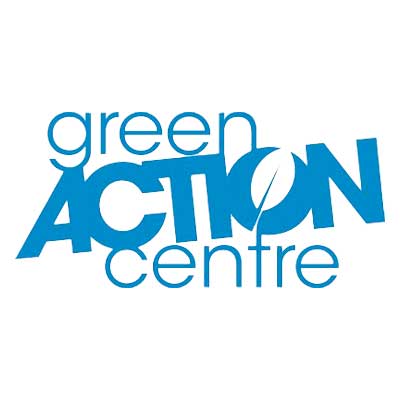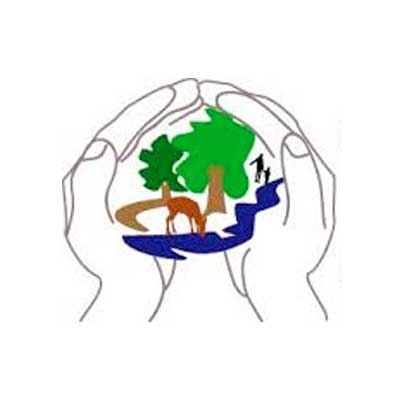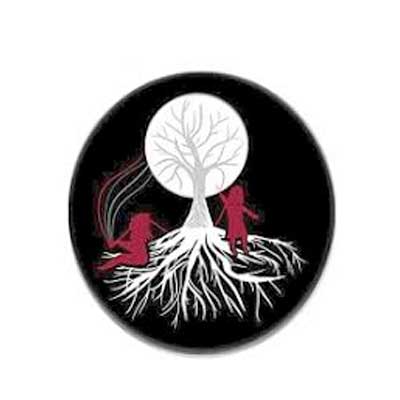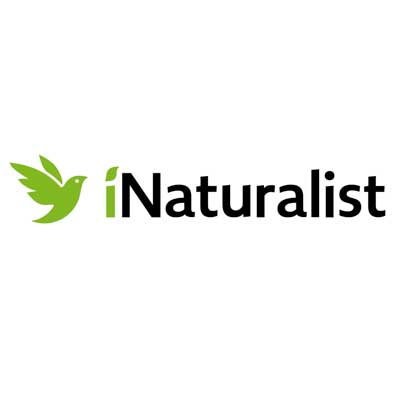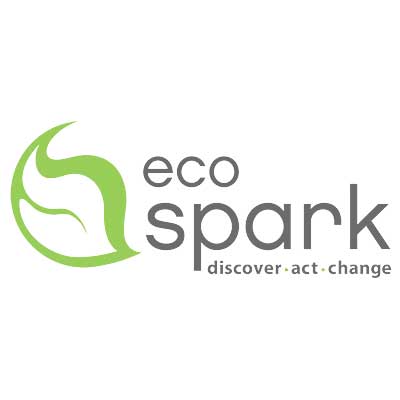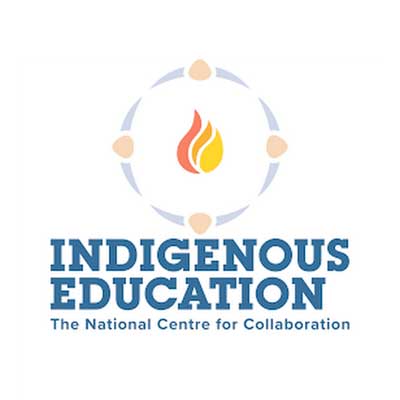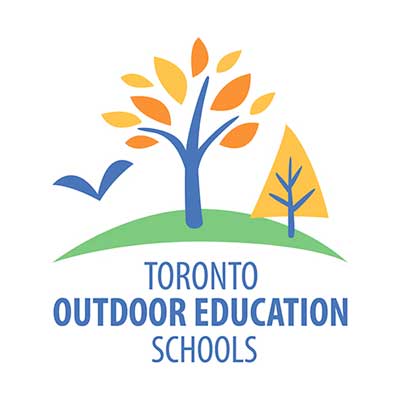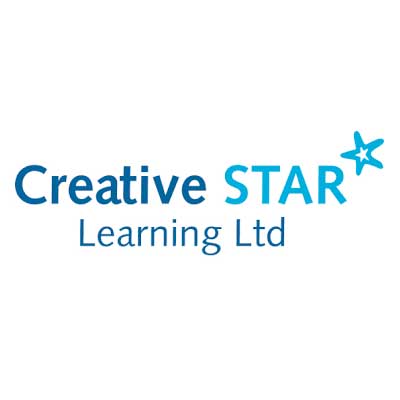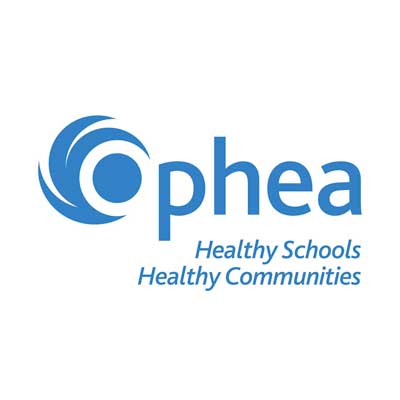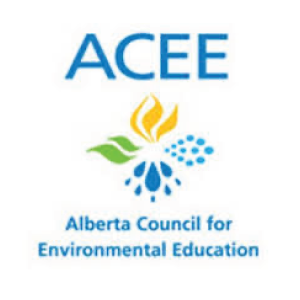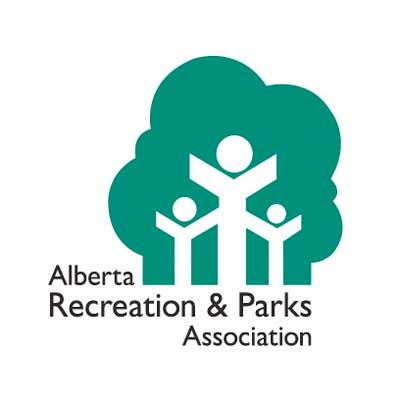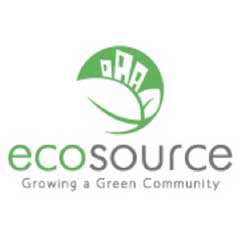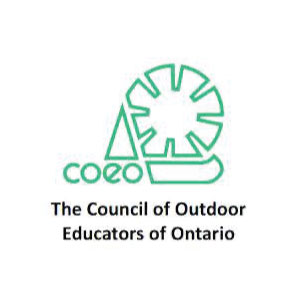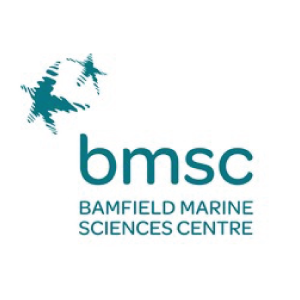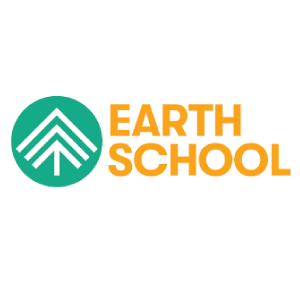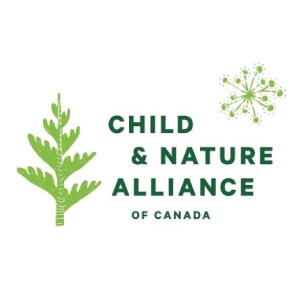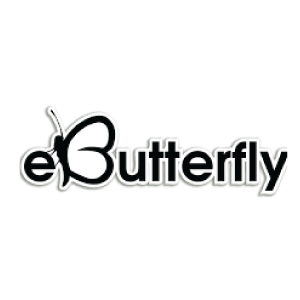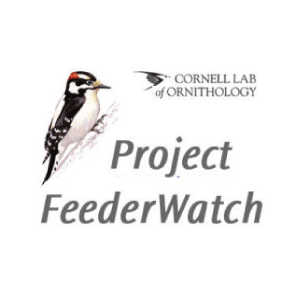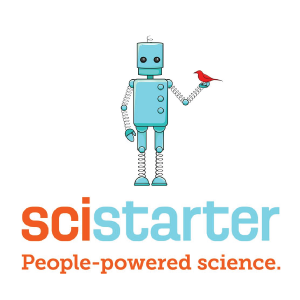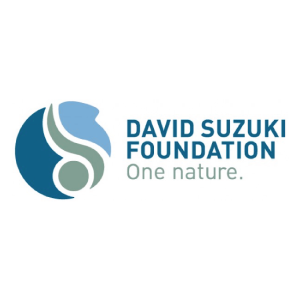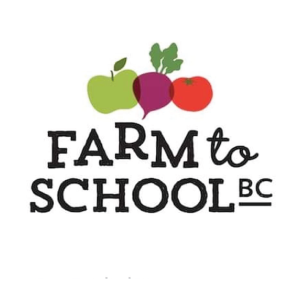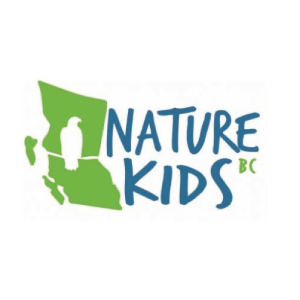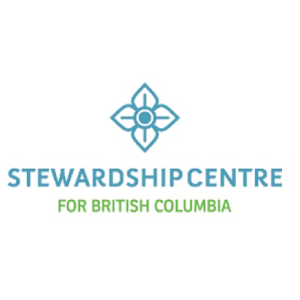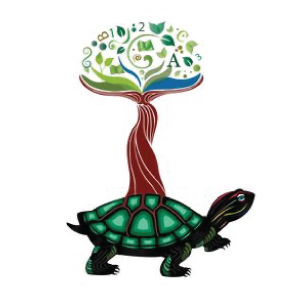Educational Resources
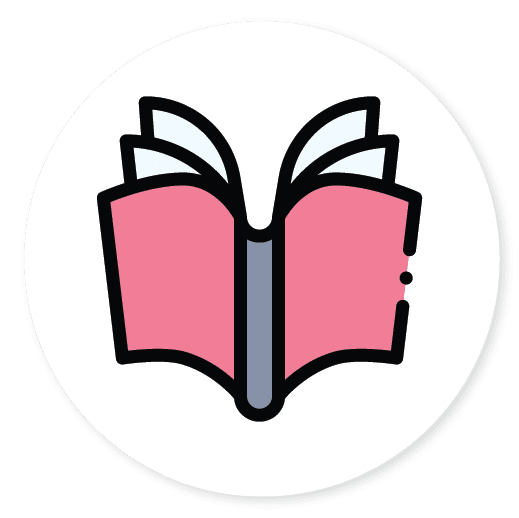
A selection of excellent teaching resources including ready-to-go activities and great databases to search for additional resources. Most recently added are at the top. Found 219 Resources.
Looking for something specific? Refine your search by clicking on one or more category!
Showing 219 Resources

Paths For Implementing Natural Play Spaces: A Guide for Public Managers
Alana has a mission of guaranteeing rights on a global scale and focuses on long-term socio-environmental changes. They promote the rights of children and children’s ways of being.
Criança E Natureza defends the right for children to live in healthy environments and deepen their bond with nature. They dream of more children in nature and more nature for children; greener, more accessible and child-friendly cities; greener, more challenging school spaces connected to their territories; nature as essential for health and good living; and climate and socio-environmental justice for all children.

Guide On Natural Play Structures And Furniture
Alana has a mission of guaranteeing rights on a global scale and focuses on long-term socio-environmental changes. They promote the rights of children and children’s ways of being.
Criança E Natureza defends the right for children to live in healthy environments and deepen their bond with nature. They dream of more children in nature and more nature for children; greener, more accessible and child-friendly cities; greener, more challenging school spaces connected to their territories; nature as essential for health and good living; and climate and socio-environmental justice for all children.
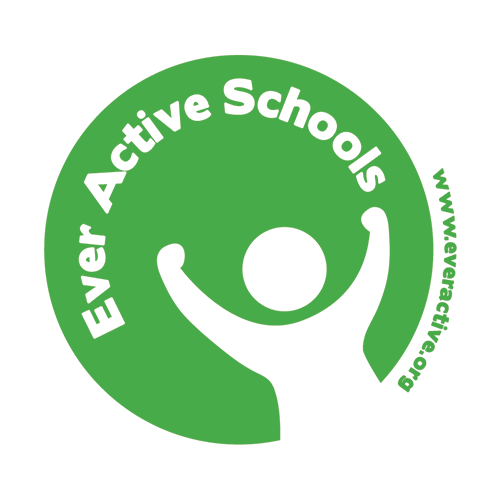
Ever Active Resources
A resource hub from Ever Active Schools, with focus areas including: Active Travel, Alternative Environments, DPA, Equity and Inclusion, FMS, For Staff, Return to Learn, and Social Emotional Learning. Don’t miss their selection of free downloadable resources as well!
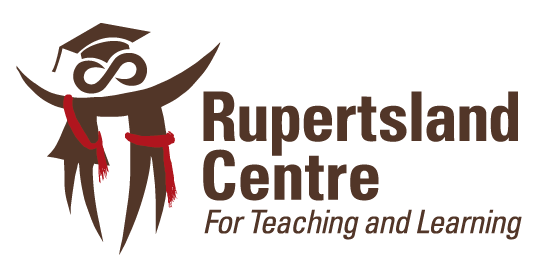
Rupertsland Centre for Teaching and Learning
Rupertsland Centre for Teaching and Learning (RCTL) proudly offers a large selection of Métis Education Resources for lifelong learning. “Visiting with the Land” is a series of videos with guiding questions to support learning about Métis’ relationships with the land. “Visiting with the Land” can teach learners how to live in respectful connection with the land, including waters, animals, plants, and all our relations.

Plant Heroes
We’re here to help kids explore plants and forest systems by providing parents and educators free, plant-teaching ideas and other nature learning resources. By teaching kids about plants, insects and ecosystems, we can empower youth to be agents of positive environmental change. Most of our materials are available in three languages: English, Spanish, and Simplified Chinese.

Play Everywhere Playbook
Leveraging both our own play infrastructure expertise and our successful collaborations with cities and partners, we’ve explored, encouraged and developed a number of successful approaches to creating kid-friendly cities with equitable access to safe, quality play experiences. With input and insight from city and community leaders, health experts, urban planners and affected families, we’ve created this toolkit – the Play Everywhere Playbook.
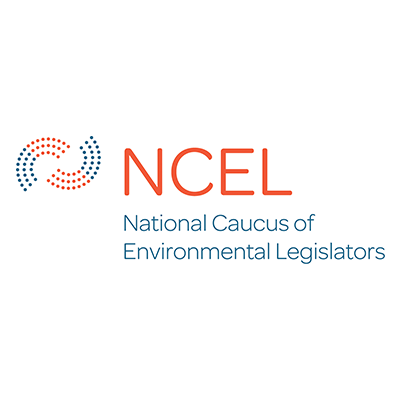
Outdoor Opportunity Legislative Toolkit
The goal of this toolkit is to provide state legislators, agency staff, and partners with a framework and resources for
establishing state-level outdoor opportunity funds and grant programs. It aims to offer ideas for place-based flexibility
acknowledging resource differences among states. The toolkit is intended to be used in conjunction with input from
grassroots/local organizations and communities.

Climate Change Education Resource Hub
Green Teacher compiled activity books, frameworks for climate change education, games, podcasts, recorded presentations, scholarship, and other websites and online programs to help assist those looking to learn more and bolster their teaching practice around the topic of climate change.
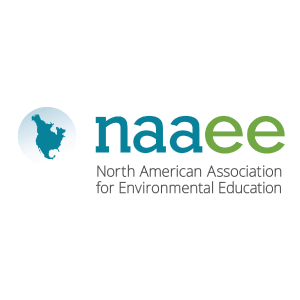
Climate Change & Early Childhood Resources
A growing number of extreme weather events—heat, wildfires, poor air quality—are increasingly keeping children indoors. Young children have a developmental need for regular outdoor play, yet they are the most vulnerable to the impacts of climate change. Professionals – from EC program providers to architects – are getting creative as they navigate these challenges.
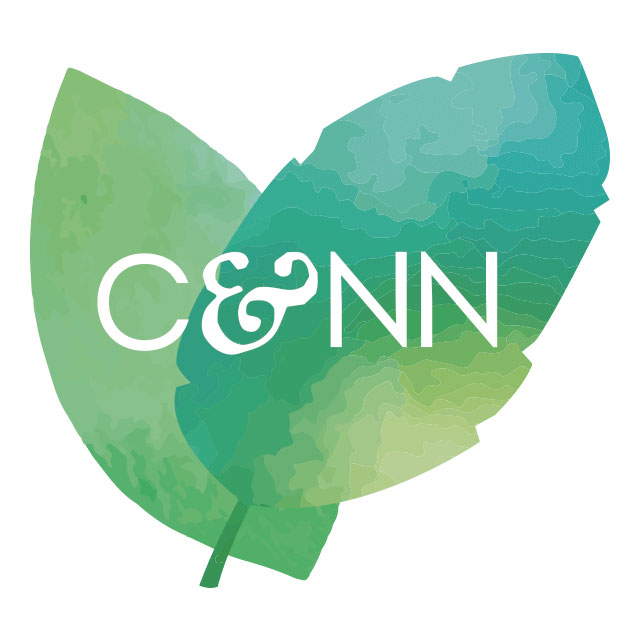
Nature Future Virtual Art Exhibit
This art exhibit is an opportunity for you and your children/students to discuss, learn, and challenge critical issues related to nature access and racial and environmental justice and imagine a nature-filled and just future! Explore the resources to help children understand the world they live in and share their vision to create the just, nature-filled world we wish to see.
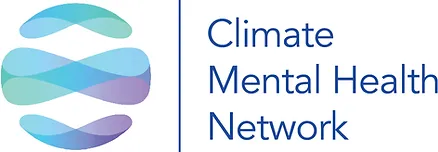
Climate Mental Health Network (K-12)
Our mission is to provide access to education, tools, programs, and support designed to help individuals and communities recognize the signs and manage the emotional impacts of climate change. Check out their parent resources as well! #ClimateMentalHealth

Ressources pédagogiques
La Fondation Monique-Fitz-Back a été créée afin de poursuivre l’œuvre de Monique Fitz-Back. Concrètement, la Fondation : conçoit des outils pédagogiques, de sensibilisation, de conscientisation et d’engagement du public.
Ressources pédagogiques par niveau :
tous les niveaux, préscolaire, primarie, secondaire, collégial, universitaire

Bees and Pollinators Learning Package
In Summer 2022, Green Teacher and Friends of the Earth Canada collaborated on a special themed issue (# 132) of Green Teacher magazine dedicated to wild native bees. This comprehensive learning package collects the six articles (all of which appeared in the magazine) and six educational activities from that project.

Environmental Action Civics Resources
Environmental Action Civics is an educational approach where youth work in partnership with adults to identify a local environmental issue and engage with community members to take action by advocating for systemic changes to policies or practices.
A central element of Environmental Action Civics is a commitment to prepare youth, especially those from historically marginalized communities, to engage in local environmental decision making now and in the future.
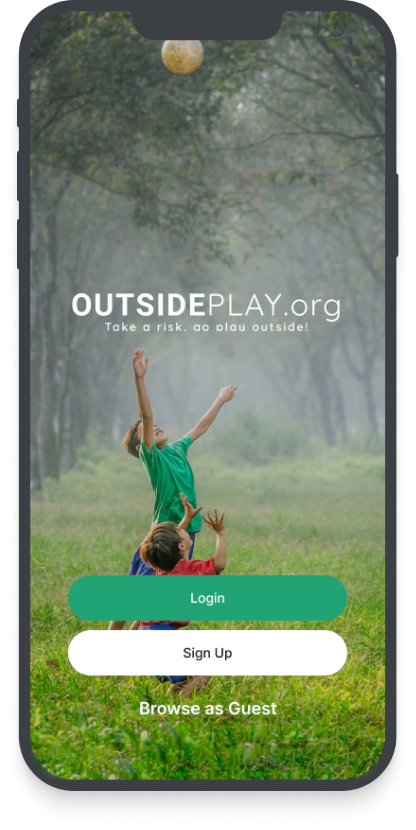
OutsidePlay.org
This tool is designed for elementary school teachers. There are four themes to explore which offer valuable insights and hands-on resources to begin locating play and learning outdoors. The 16 modules cover topics that teachers most want to know about, ranging from the basics of outdoor play and learning in schools to practical tips on getting started.
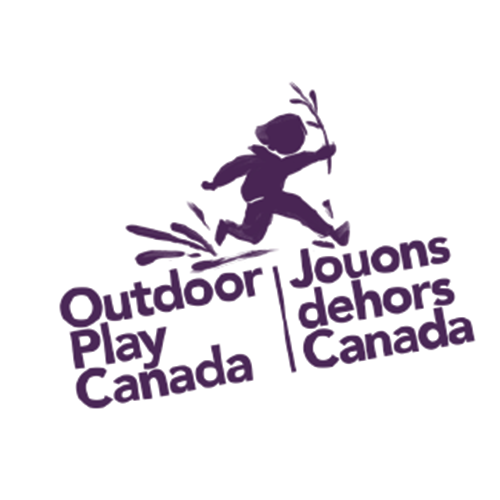
Risk-Benefit Assessment Toolkit for Outdoor Play
The toolkit is designed to help practitioners and agencies gain confidence in allowing children to play freely outside, and resist the pressure to overprotect children and over-regulate their play. It takes a balanced approach to risk and safety. It contains introductory material, forms, and checklists, and resources that will increase your confidence in leading children as they play and learn outdoors.
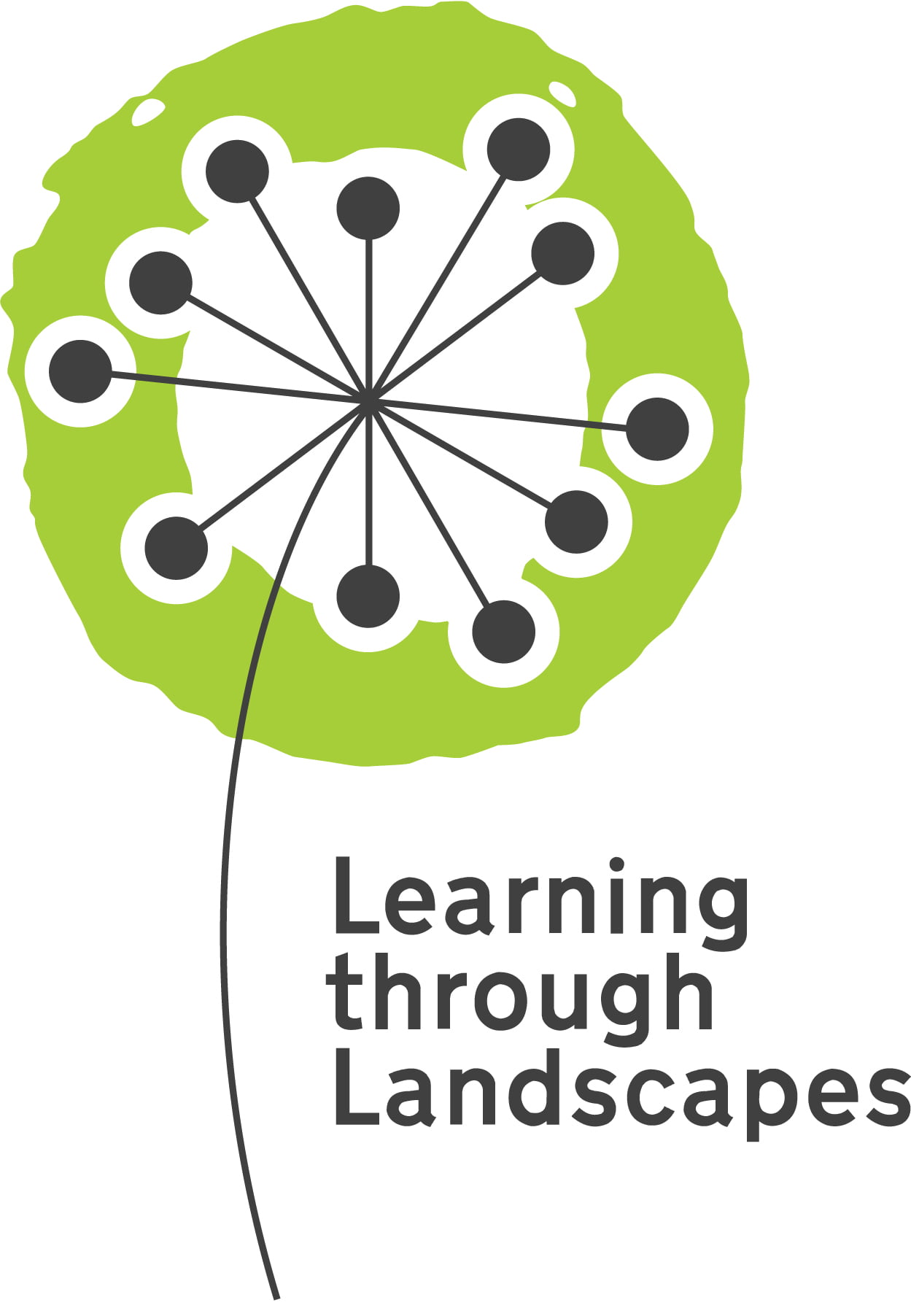
Climate Ready School Grounds
Climate Ready School Grounds explores using school grounds to address the impacts of climate change whilst creating outdoor environments that support learning and play. The project offers a suite of resources to help schools, local authorities, and design professionals create climate ready school grounds.

Water Rangers Lessons & Resources
Helpful worksheets and presentation slides that you can download and use with your students. Lakes, streams, ponds or oceans — any water body can become our classroom. Curriculum connections can also be found for Ontario, Quebec, and British Columbia.

Pride Resources: For the World We Want
It is essential that we center queer environmentalists and activists in environmental education. The following resources strive to broaden understanding of climate justice and cultivate inclusive spaces in learning environments. This is not a comprehensive list of resources but is provided as a starting point for further scholarship and inspiration.
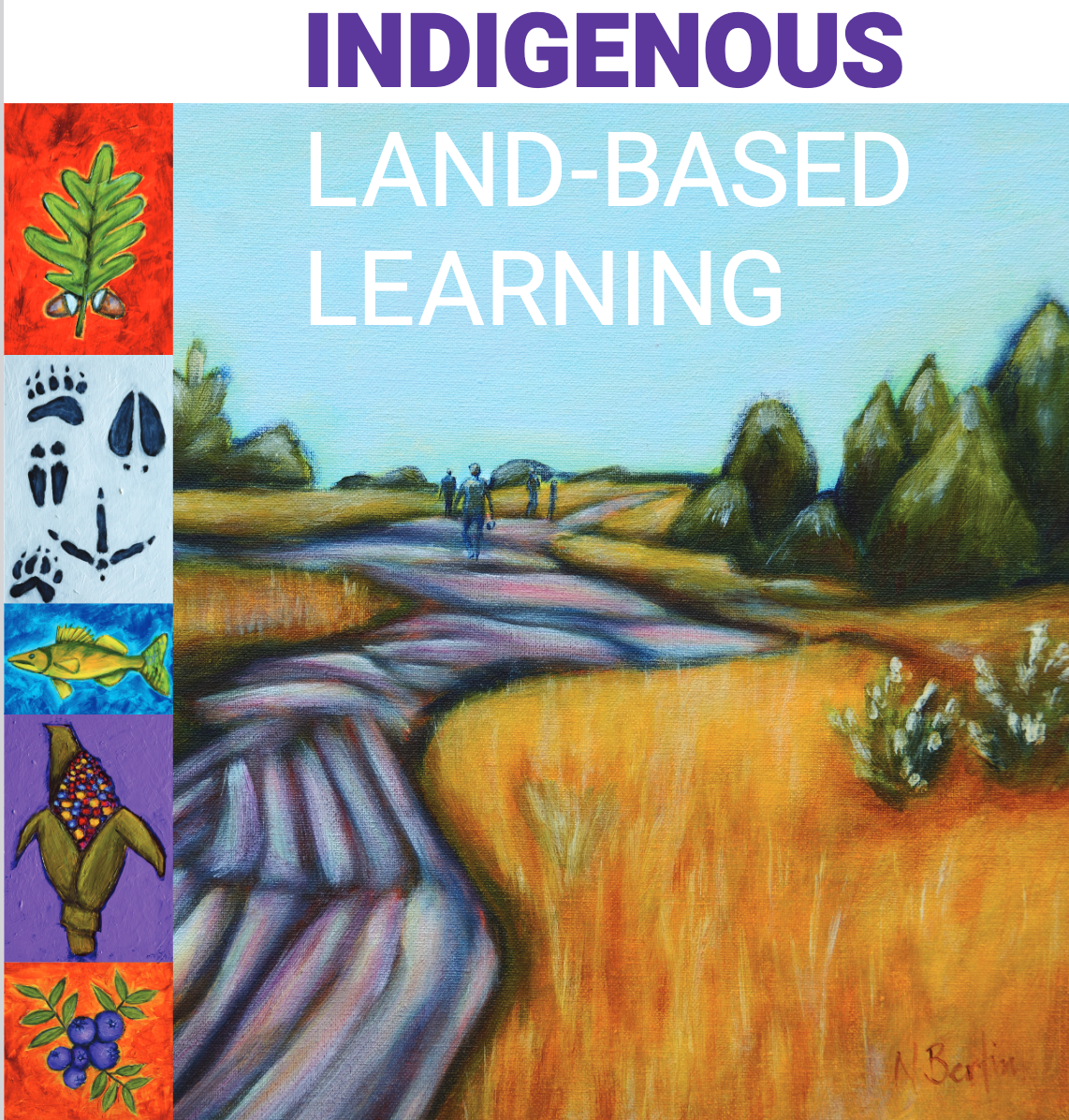
Indigenous Land-Based Learning
The “Indigenous land-based learning: A learning perspective” resource was developed to demonstrate the journey of four ETFO writers whose perspectives of Indigenous land-based learning grew through a process of self-reflection, an interview with an Indigenous advisor (knowledge holder) and exploration and summary of relevant resources and tips for educators.

Resources for NIPD
On National Indigenous Peoples Day, we are taking time to acknowledge the foundational importance of Indigenous knowledge and perspectives in outdoor learning. Please join us in reflection and learning along the path of truth & reconciliation in land-based learning. We have compiled some suggested resources as a starting point – visit our Indigenous-focused Resources page for more!

Practitioner Guide to Assessing Connection to Nature
The 63-page guide provides 11 tools and approaches that you can use to assess connection to nature, and it includes copies of those tools for easy access. The guide is also designed to help you choose the right tool for your needs, whether you work with young children, teenagers, or adults.
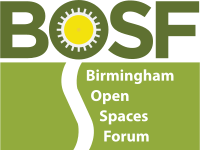
FINCH (Families Into Nature Connecting and Helping) Resource Booklet
A practical guide packed with helpful information and guidance for community groups and families. It’s designed to help you discover simple nature-based activities, helping to connect with nature and encourage action to help its preservation.

ACEE Resources Hub
The Resource Hub is your one-stop tool for finding new resources, programs, professional development, and grants to support environmental and energy education in your classroom in keeping with the 2019 K-12 Environmental Education Guidelines for Excellence, published by the North American Association for Environmental Education.

LSF Climate Learning
The purpose of this guide is to present opportunities to evolve students’ understanding of the climate and climate change, assess the risks and opportunities to mitigate and adapt to the changing climate, unpack ethical dimensions, and honour emotions that are part of the process of coming to understand the complexity and urgency of the issue. Most importantly, this guide aims to engage students in contributing to solutions in their schools, communities and homes.

WWF Teaching Resources
Choose from a variety of toolkits featuring information guides and activities about some of WWF’s priority species and conservation goals. These subject-integrated lessons are perfect for school, home, or any learning environment and will leave kids with an understanding of how their actions help shape the future of nature.

Ocean Wise Education Kits
Informed by the latest science and research from our own conservation initiatives, each kit addresses the interdisciplinary issues of climate change. Each education kit is available for elementary school (grades 3 to 6), middle school (grades 7 to 8), and high school (grades 9 to 12), and translated in both French and English. Each kit has a theme spread out over seven lessons and includes a teacher tool kit and student workbook.

Seed Stewardship Project
In 2022, FarmFolk CityFolk and Farm to School BC (a program of the Public Health Association of BC) worked together to bring seed stewardship, production and training to schools across BC. We have created a collection of seed saving presentations, games, and resources that help educators bring seed saving training to their classrooms, school programs, nature camps, and more!

Whose Land Lesson Plans
We collaborated with Anishinaabe educator Christine M’lot to develop lessons broken into three grade levels that serve to teach students about the land they are learning on by viewing and creating original land acknowledgements and being introduced to complex topics concepts such as who Indigenous people are, what the term settler refers to and notions such as broken promises and renewed commitments to share the land.
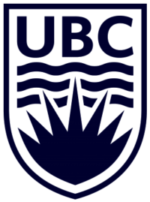
Reconciliation Through Indigenous Education
A free 6-week Massive Open Online Course (MOOC) to help you envision how Indigenous histories, perspectives, worldviews, and approaches to learning can be made part of the work we do in classrooms, organizations, communities, and our everyday experiences in ways that are thoughtful and respectful.

Indigenous Canada course
Indigenous Canada is a free, virtual 12-lesson Massive Open Online Course (MOOC) from the Faculty of Native Studies that explores the different histories and contemporary perspectives of Indigenous peoples living in Canada. Delivered in English with a variety of subtitles available.

The Gaia Project
The Gaia Project is New Brunswick based and founded in 2009, and they use a unique approach to empower youth to take action. They incorporate inquiry-based education, curriculum links, and local action in each of their projects. All programs are offered in French and English in all school districts.
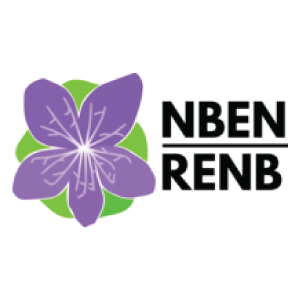
Climate Change Educators Community Hub
The Climate Change Educators Community Hub website is a platform administered by the New Brunswick Environmental Network (NBEN) for teachers, profs, and educators of all kinds to exchange knowledge and ideas, share best practices and lesson plans, keep up-to-date on the latest climate change education research, and stay connected with other educators in New Brunswick. This website is a Community of Practice in action!
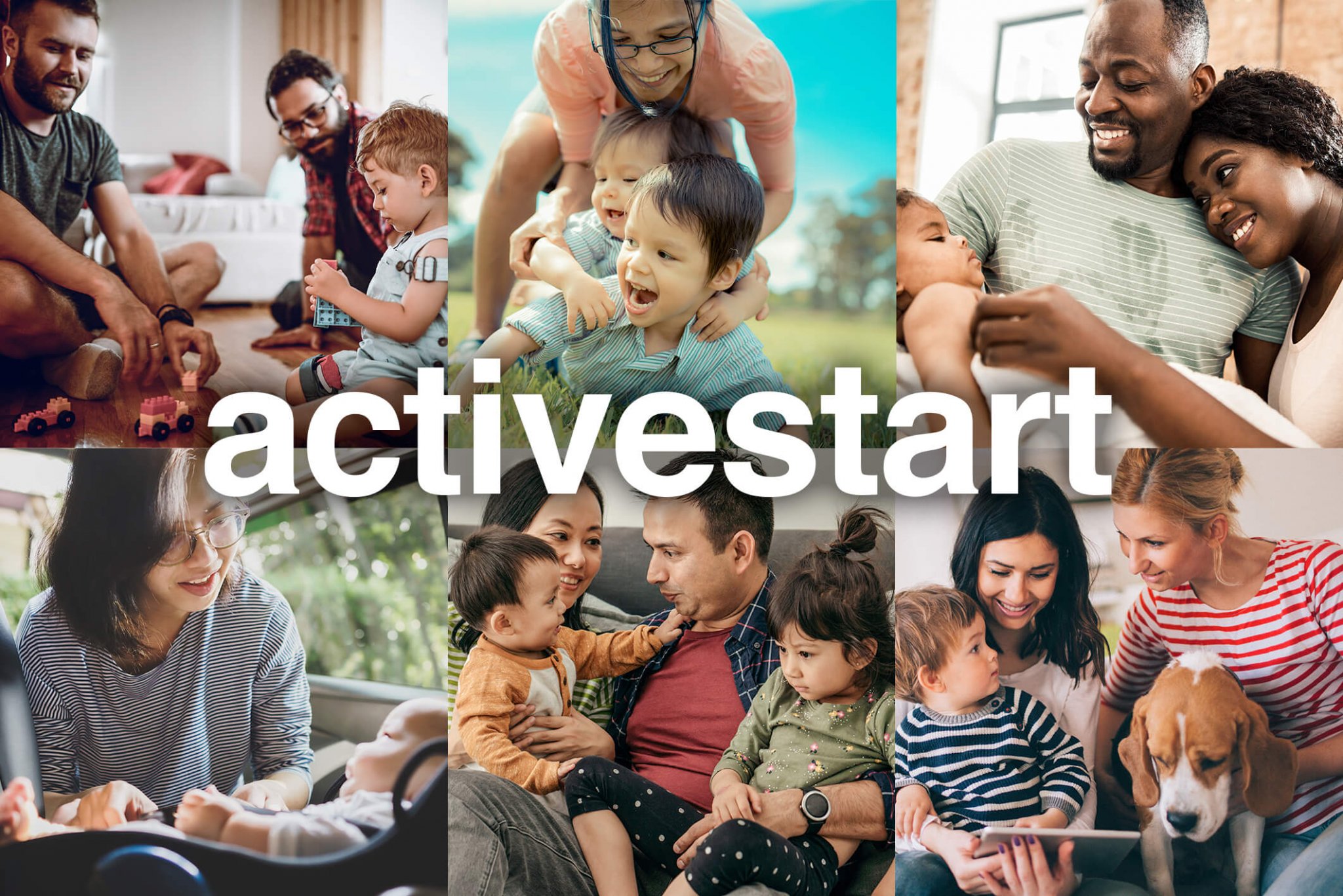
Active Start
Active Start, an initiative tailored for children under 4, is run through Active for Life, a Canadian non-profit. Signing up for Active Start provides a monthly newsletter tailored specifically to the child’s age and is filled with activities, games, ideas and tips designed to help children love being active as they grow and develop.
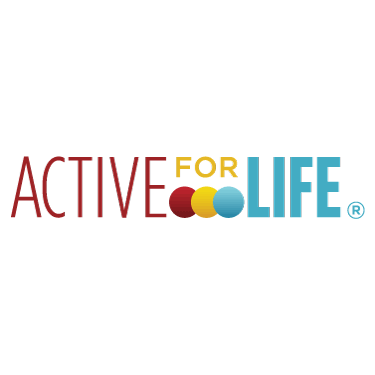
Active for Life
Active for Life is a Canadian not-for-profit social initiative founded by B2ten. They are a national initiative created to help adults give children the right start in life through the development of physical literacy. Resources can be filtered for use by either parents or professionals, and include lesson plans and log sheets.

Natural Start Alliance Resources
Natural Start is a project of the North American Association for Environmental Education (NAAEE). Natural Start’s role within NAAEE is to promote and support environmental education for young children.
The Alliance publishes original research in early childhood environmental education and resources to support nature-based education, and also provides a platform to share resources and research as a professional community.

Association for Experiential Education Resource Library
Originally started in March 2020 during the beginning of the COVID-19 Pandemic, the Community Resource Library was created as a place for resource sharing among the community. AEE continues to work to bring the Experiential community together to exchange ideas and information through this free library.

S’épanouir en plein air
S’épanouir à l’extérieur est le tout nouveau portail de ressources sur l’apprentissage et les jeux en plein air de l’Alliance pour l’enfant et la nature du Canada, disponible dès maintenant (et gratuitement !). Conçu par des éducateurs, pour des éducateurs, S’épanouir dehors aide à réimaginer ce que peut être la rentrée des classes au-delà de la salle de classe.
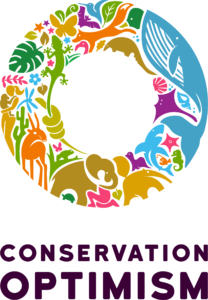
Conservation Optimism Resources
Conservation Optimism is a global community dedicated to inspiring and empowering people around the world to make a positive difference for nature. We are committed to fostering effective action, interest and wonder in the natural world, across generations, borders, languages, and cultures.

The Outdoor PLAYbook
As a “How-To Guidebook,” the Outdoor PLAYbook offers a selection of leading research and best practices for school grounds in the following areas: landscape architecture, sustainable design, economic and phasing strategies, child development, injury prevention, and outdoor educational opportunities.

Teacher’s Toolbox: A Forest Education Guide
This toolbox is intended to assist educators in grades 4 through 8, in bringing forest concepts and resources into their teaching practice. Each section provides an overview of a forest concept and links to related Forests Ontario resources as accompaniments to the subjects.

NAAEE: eePRO
eePRO is the global online community for everyone who cares about education and creating a more just and sustainable future. Connect with other EE professionals, participate in discussions in eePRO groups, and find and share resources, events, and opportunities! And don’t miss their topic-specific resource compilations.

Nature For All Resources
#NatureForAll is a global movement to inspire love of nature and support its conservation. Join in by using the hashtag #NatureForAll, exploring the Discovery Zone of resources, the Playbook Action Guide, toolkits, and more.

Circular Economy Ambassador Program
The Circular Economy Ambassador Program is an annual program that Canadian teachers carry out in their classrooms to educate children and youth about the harmful effects of plastic pollution and what they can do to have a positive impact. The Program Overview can be found here, while the main webpage is here.

Forest and Nature School in Canada
“The role of this guide is to help educators and the communities that surround and support them, (such as administrators, facilities staff, parents, licensing officials, etc.), to learn more about Forest and Nature School (FNS) and what this model of education offers Canadian children.”

Natural Curiosity Self-Guided Learning Series
Freely accessible professional learning program in support of environmental and Indigenous education across Turtle Island for all.
Designed for self-guided learning, this free program includes a 5-part instructional video series that provides an introductory exploration of Natural Curiosity’s four-branch environmental inquiry framework, deepened by Indigenous perspectives.

7 Principles of Outdoor Ethics
Leave No Trace is a national and international program designed to assist outdoor enthusiasts with their decisions about how to reduce their impacts when they spend time outdoors, based on their central Seven Principles (check out this short PDF version!). Their resource library includes stats, research, training methods, and a selection of options in French as well.
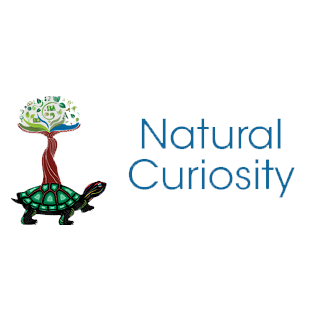
From Acknowledgement to Action: Connecting to the Land Through Natural Curiosity
This 1-page resource is an invitation for educators to explore learning in relationship to the land through the four branches of Natural Curiosity. The reflective prompts embedded in each branch allow for reflection of past, present, and future, and also encourage educators to really listen to the students and learn alongside them, from the land.

Keeping the wild in sight: Our nature-based curriculum for Kindergarten to Grade 7.
The focus of this resource is on promoting strong connections to the wild, allowing students to explore the natural world in which we live, and guiding them to grow in their understanding and care for the environment.
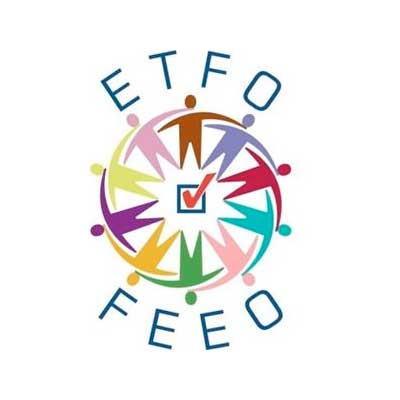
Starting From the Heart: Going Beyond A Land Acknowledgement
Land acknowledgements provide us an opportunity to offer recognition and respect to the original inhabitants of the regions that we live in and work on. There are many things that we can do to go beyond simply reading a land acknowledgement script
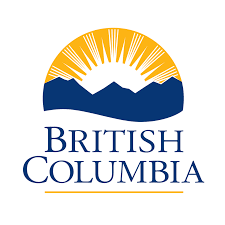
Indigenous Knowledge and Perspectives in K-12 Curriculum
Documents that reflect implicit and explicit references to Indigenous Knowledge and Perspectives throughout the K-12 Curriculum. Educators may use this resource to easily access where Indigenous Knowledge and Perspectives intersect with the curriculum in every area of learning at every grade level.
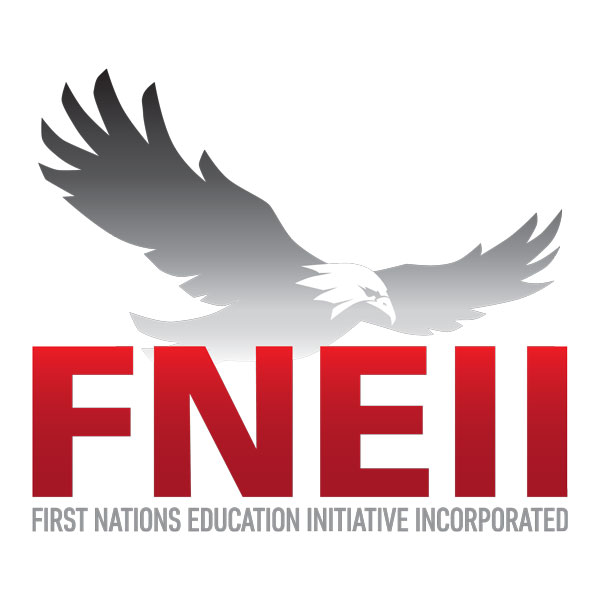
First Nations Education Initiative Inc.
An educational jurisdictional model for First Nations education, which will result in improved capacity for First Nations educators ultimately leading to improvements in the educational outcomes for all First Nations students attending Band Operated and Provincial schools.
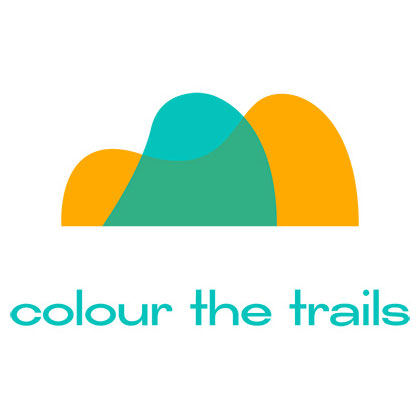
Colour the Trails
An advocacy group for inclusive representation in outdoor spaces, working with brand partners, businesses, and organizations to break barriers and create accessibility. We subsidize outdoor adventures, create diverse content, and are actively working with our allies to create the change we want to see in the world.
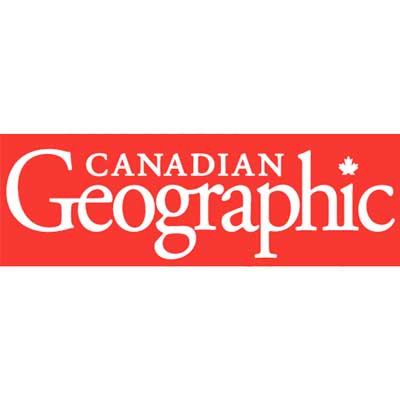
Canadian Geographic
Canadian Geographic Education provides learning resources to help improve students’ understanding of the world they live in. Geographically literate students are better prepared to face global challenges and have the skills necessary to become effective change agents. Use these resources to inspire curiosity and exploration in your classroom!
Making Indigenous-led education a public policy priority: The benefits of land-based education and programming
Explore the benefits of Indigenous-led, land-based education, and the ways in which this type of programming aligns with: Climate action & environmental stewardship; The United Nations Sustainable Development Goals (SDGs); The United Nations Declaration on the Rights of Indigenous Peoples (UNDRIP); Reconciliation in Canada (Truth and Reconciliation Commission’s Calls to Action); Missing and murdered Indigenous women and girls (MMIWG) recommendations; and the right to belong.
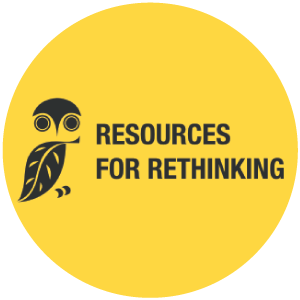
Resources for Rethinking
A free online database where educators can search for high-quality, teacher-reviewed, curriculum-matched resources that support interdisciplinary and action oriented learning on issues related to sustainability, including lesson plans, videos, children’s books, outdoor activities and apps/games. Administered by LSF/LST.

Evergreen Canada
From research briefs and podcast episodes to children’s activity books, the Evergreen Resource Hub has hundreds of learning materials all in one convenient collection. You can:
- Download reports, case studies and toolkits to build innovative, inclusive and climate-resilient communities.
- Access curriculum-compliant activities for children and youth to engage with the natural world.
- Get the latest information on housing supply challenge funding rounds, advisory services and other supports.
